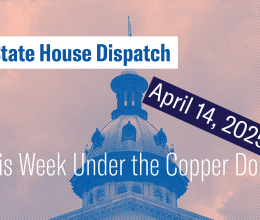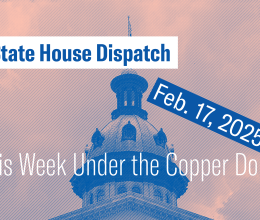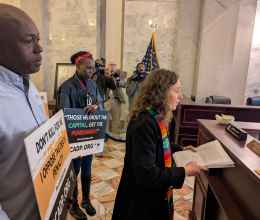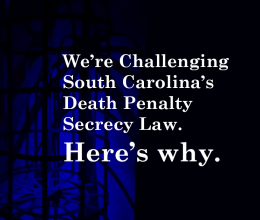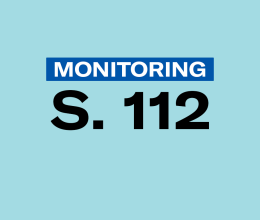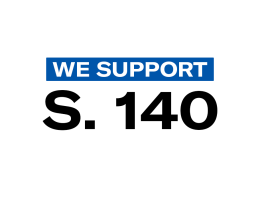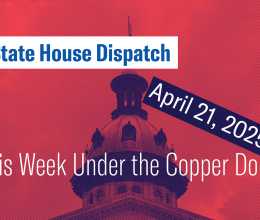
Locking a person up won’t help him pay a fine. On the contrary, jail time often leads to lost wages, lost housing, lost future opportunities. So it’s generally counterproductive to send people to jail for failing to pay court fines and other fees.
That’s the basis for a class action lawsuit filed last week by the American Civil Liberties Union against Lexington County alleging that the practice of jailing low-income people for unpaid court fees creates what are in effect “debtors prisons.”
It’s already illegal nationwide to send people to jail for being too poor to pay fines, based on a decades-old Supreme Court ruling. Nonetheless, more than 1,000 people in Lexington County risked jail time over unpaid fines last year, according to the ACLU. One of the plaintiffs in the case apparently spent nearly two months behind bars over a traffic citation.
Of course, there’s a huge difference between being unable to pay and being unwilling. Determining where to draw the line can be tricky. But it’s vital to get that balance right in order to avoid punishing people for being poor.
And no one should be let off the hook. But there should be options for courts to impose: payment plans, garnisheed wages or government benefits, or putting liens on property until fines are paid. Surely there are ways to enforce the law without exacerbating poverty.
There are plenty of reasons why it makes sense to try to keep people out of jail if at all possible.
For one thing, it often costs more to keep a person behind bars than most fines are worth. So the economic cost forced upon the community deserves consideration.
There’s also a humanitarian aspect. Jail time is one of our society’s most profound infringements on personal liberty. It should not be handed out lightly or without just cause.
To be sure, it is in the public’s best interest to make sure people follow the law — including paying fines when laws are broken. But the public’s interest is also best served when people take care of themselves.
Jail time makes it harder to keep and find good-paying jobs. Lack of a decent job increases dependency on welfare and other safety net programs, which paradoxically may not be readily available to people who have been behind bars.
At the very least, jail is likely to make getting one’s life on the right track harder than before.
The Charleston County Criminal Justice Coordinating Council is researching ways to help local residents avoid jail time for fines and low-level offenses. That’s a worthy effort, and one that other counties around the state should mirror.
Laws exist for a reason. So do punishments for breaking the law. And those punishments should apply fairly to everyone — rich or poor.
But a stint in jail isn’t going to help an impoverished single mother pay a traffic ticket, and it is cruelly misguided to expect otherwise.

